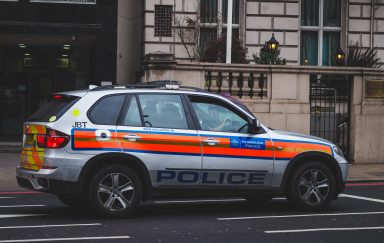Newspapers regularly report that the number of rape prosecutions are low or falling. The Crown Prosecution Service has now published new draft legal guidance for prosecutors on “rape myths and stereotypes” as part of the revision of guidance on rape and serious sexual offences. In July this year, the CPS published a five-year strategy to… Continue reading Rape Prosecutions
Guide to Collaborative Divorce
What is collaborative divorce? A collaborative divorce involves both parties and their respective solicitors working on a collaborative process. This means that they agree to work together to come to a solution without going to court. What’s the difference between collaborative divorce and mediation? The main difference between collaborative divorce and mediation is that… Continue reading Guide to Collaborative Divorce









